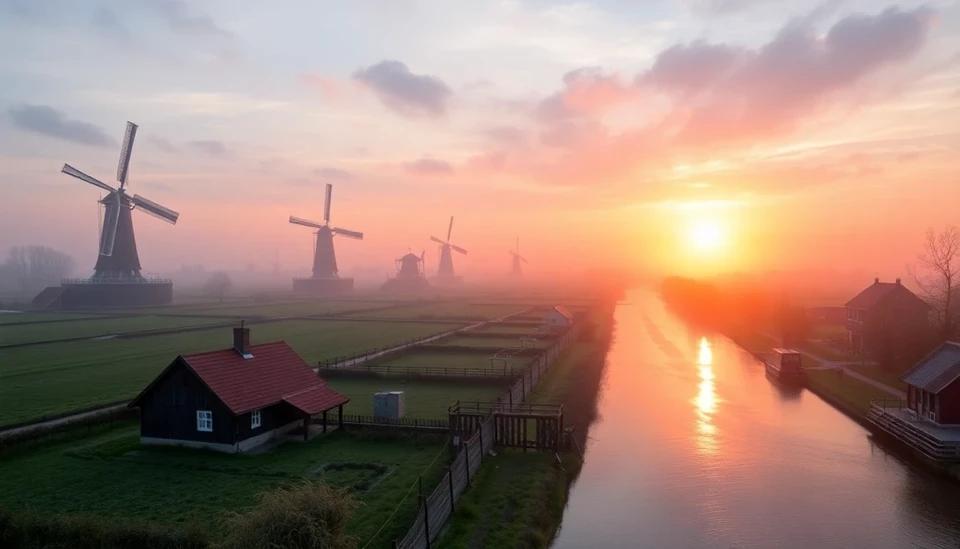
The recent assessment by the Netherlands’ state environmental agency has cast significant doubt on the country’s ability to achieve its ambitious climate targets. The agency's report reveals that the Dutch government is unlikely to meet its goal of reducing greenhouse gas emissions by 49% by the year 2030, a fundamental component of the nation’s commitment to combat climate change.
Originally set forth in response to international climate agreements, these targets are vital for the Netherlands to fulfill its commitments to the Paris Agreement. However, according to the latest data, the current trajectory of emissions reductions is falling short by a considerable margin. The agency highlighted that with the current policies and measures in place, the nation might only achieve a reduction of around 36% from 1990 levels by the target year.
A major contributing factor to this shortfall is the slow progress in transitioning away from fossil fuels and the adoption of renewable energy sources. The report identified that while there have been some advancements, they are not occurring swiftly enough to make the necessary impact on emissions levels. Lack of efficient planning and political willpower are also cited as obstacles hindering progress.
Moreover, the agency emphasizes the urgent need for the implementation of more stringent policies to accelerate the transition to a sustainable energy system. Without immediate and robust action, the Netherlands risks not only falling behind its climate objectives but also facing potential repercussions from the European Union, which has been actively monitoring member states' adherence to climate commitments.
The state agency urged the government to intensify its efforts, calling for a comprehensive approach that involves both public and private sectors in the quest for sustainability. Collaboration between various stakeholders, increased investment in green technologies, and public awareness campaigns are necessary to foster a collective commitment to climate action.
The report has sparked a debate within the political landscape of the Netherlands, as parties grapple with prioritizing climate policies amidst the ongoing economic challenges. Critics of the current government’s strategy argue that without decisive and immediate action, the country could face long-term ecological and economic consequences.
In conclusion, as the clock ticks down to the 2030 target, the Dutch government's challenges in meeting its climate goals have raised alarms among environmentalists, citizens, and policymakers alike. The need for urgent and effective strategies has never been clearer, and the coming months may prove crucial in determining the Netherlands’ trajectory toward a sustainable future.
#NetherlandsClimate #ClimateChange #Sustainability #GreenhouseGasEmissions #ParisAgreement #EnvironmentalPolicy
Author: Megan Clarke




